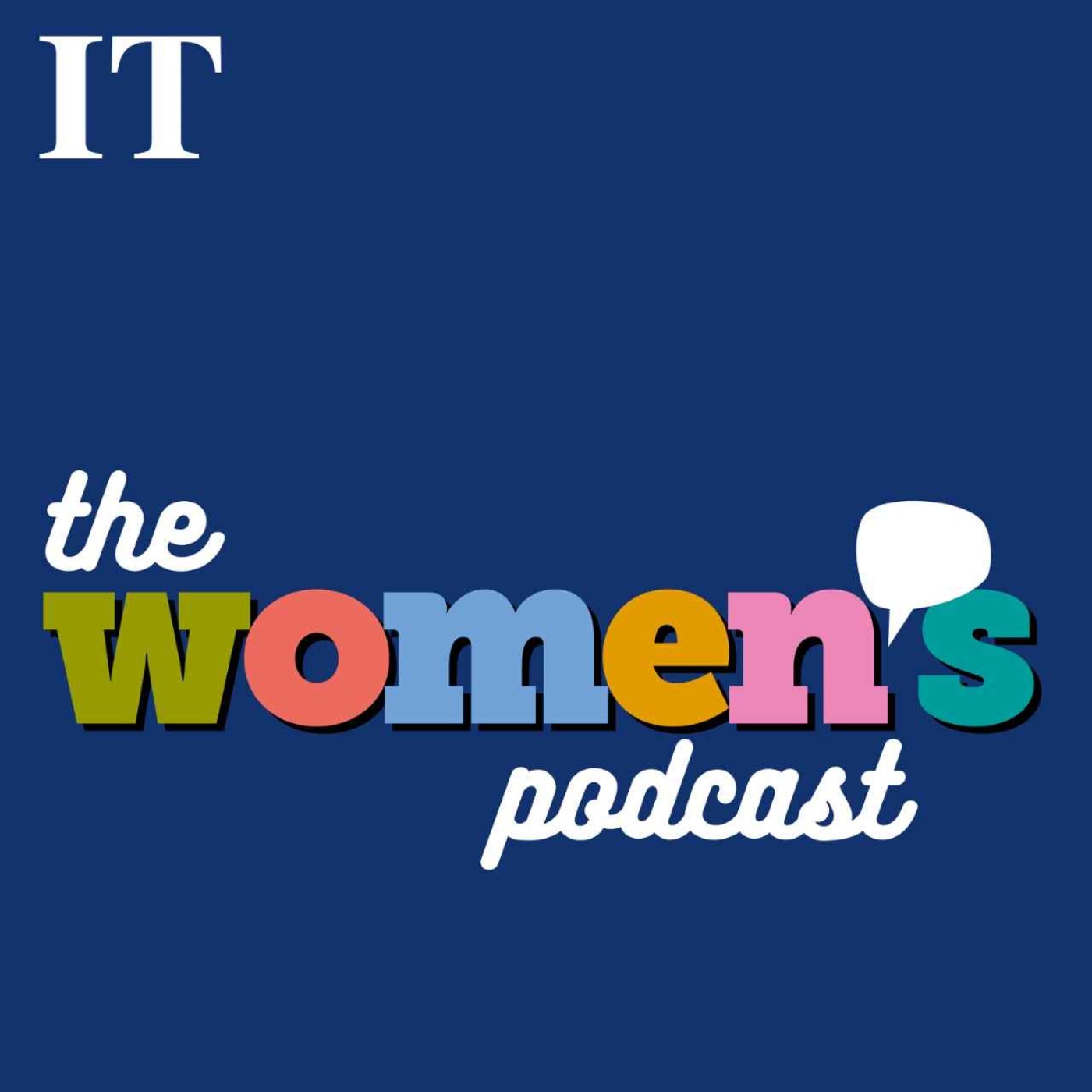Before she returned to education and became an award-winning lecturer, Katriona O’Sullivan was a cleaner at Connolly Station in Dublin.
At the time, the young mother was raising her young son alone all the while daring to hope her life might eventually take a different turn.
“I remember cleaning the toilets going, is this my destiny?” she tells Róisín Ingle on the latest episode of The Irish Times Women’s Podcast.
“No-one goes to school and thinks, you know what I’m going to do, I’m going to clean toilets for the rest of my life”.
READ MORE
O’Sullivan, grew up one of five children in England with Irish parents, both heroin addicts, in a home environment riven with dysfunction, abuse and poverty.
“I was hungry for food, but also love, care and nourishment”, she says reflecting on her early years.
In her newly published memoir ‘Poor’ she explains how along the way some teachers tried to help the bright student. However by 15 O’Sullivan was pregnant and homeless. The young mother struggled with substance abuse, repeating the debilitating patterns of her own childhood. She moved to Dublin aged 20 after her parents left England.
O’Sullivan was cleaning toilets in the train station when a chance encounter with an old friend on O’Connell Street changed the course of her life. The friend, also a young single mother, told O’Sullivan how she was studying law in Trinity College.
“When she told me she was in Trinity I thought, if she’s going there, I’m going there”, the author says. That day O’Sullivan marched up to the Trinity Access Programme and asked to be accepted into the college. This was the beginning of her new life in academia.
“Having somebody like me in there was just pivotal”, she explains. “If you don’t see people like you, you’re never going to aspire to it”.
O’Sullivan went on to achieve a first class honours degree in psychology and now works in Maynooth University breaking down barriers to education for marginalised girls.
‘Poor’ tells O’Sullivan’s often disturbing but ultimately hopeful life story. The title is inspired by her childhood and family background but also highlights the poverty of a system which she believes fails society’s most vulnerable.
“I called it poor because the system is poor… the system needs to be much fairer”, she says.
You can listen back to this episode in the player above or wherever you get your podcasts.
























